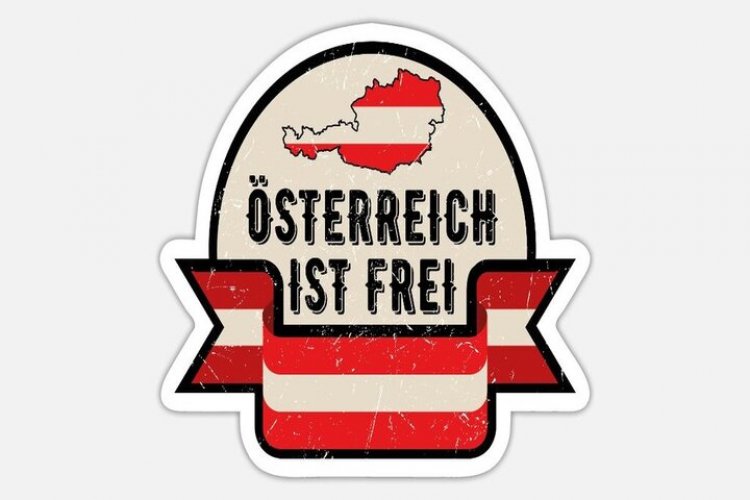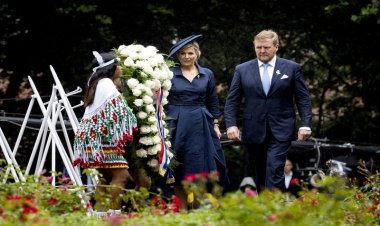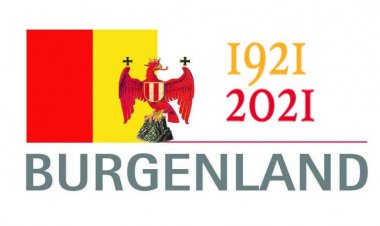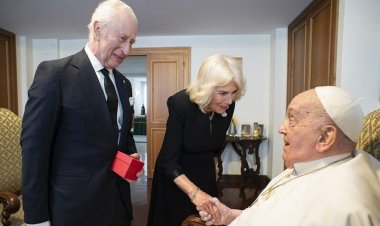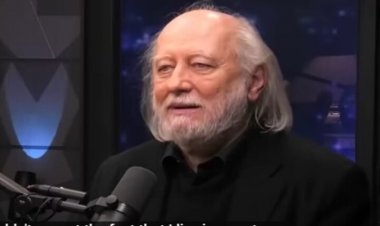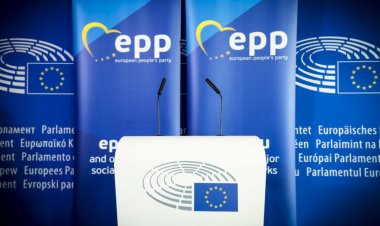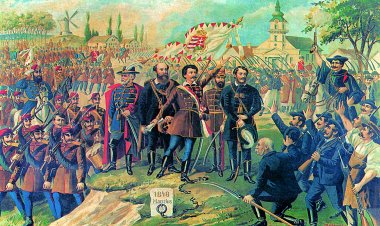70 years Austrian State Treaty
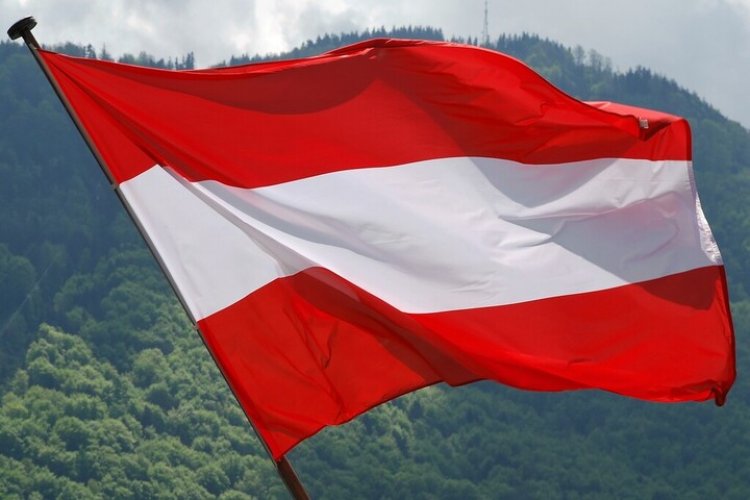
A brief history of creation of the Austrian State Treaty
At the Potsdam Conference in 1945, the Allies agreed that they would jointly occupy Austria in the postwar period, dividing the country and its capital Vienna into four zones as they planned to do with Germany and Berlin. The Soviets also demanded reparations from Austria, a request that was dropped due to the country's nonbelligerent status, but the United States did agree that the Soviet Union would be entitled to any German assets in the Soviet occupation zone. In contrast to Germany, the Austrian government continued to exist in the postwar period and govern, although the Four Powers could veto any new legislation if they unanimously agreed to do so. This arrangement was maintained until the withdrawal of the occupying powers upon the completion of the Austrian State Treaty.
Between 1950 and 1953, tense Cold War relations and the existence of a hot war in Korea also contributed to stalling the talks on the Austrian situation. Then, after the death of former premier Joseph Stalin in 1953, his successors in the Soviet Union launched a "peace offensive" to try to decrease international tensions. Although there were some concrete indications of the new policy, such as relaxed controls in East Berlin and the newfound willingness of the Chinese to discuss Korean War POW exchanges after Chinese leaders visited Moscow, U.S. President Dwight D. Eisenhower stated that he would only agree to holding a summit meeting with the Soviet Union if there were several clear indications that Soviet actions would match its rhetoric of peace. One of the examples he named was the completion of the Austrian State Treaty. Even before negotiations on the treaty restarted, there were indications that Soviet policy toward Austria was liberalizing, as it loosened restrictions on the press and travel in and out of its sector and also worked to establish formal diplomatic relations with the Austrian Government.
With the German assets question all but settled in the last set of draft treaties, the question holding up the negotiations at this stage was the issue of Austrian neutrality. The Austrian Foreign Minister went through the neutral government of India to inform the Soviet Union that if a treaty was signed, independent Austria would also remain neutral, staying out of NATO or other defensive arrangements. Eisenhower was against neutrality on principle, and he was both angered by this maneuver and hopeful that Austrian neutrality could still be prevented. One particular danger was that West Germans, anxious for their nation's own reunification, would follow the Austrian example and offer their neutrality in an effort to expedite unification. German neutrality would have greater implications for American security plans in Europe than Austrian neutrality would. In late 1954, the West German Government and the Western powers at last reached an agreement under which Germans would rearm under the NATO command, reassuring the United States.
Finally, in April of 1955, and after substantial debate on both sides, representatives of the Austrian Government traveled to Moscow and returned just four days later with a complete treaty that outlined compensation to the Soviet Union for German assets and the nature of Austrian neutrality. U.S. officials demanded two changes in the treaty regarding the upper limit placed on Austrian armed forces and the removal of a clause on voluntary repatriation of displaced persons that they feared could be used by the Soviet Union to force anticommunist refugees to return to East Bloc countries. The Soviets conceded on both points. The overall terms of the treaty were less favorable to the Soviet Union than previous proposals, but the timing was right for the USSR to initiate its withdrawal from Austria. On May 15, representatives from Britain, France, the United States, and the Soviet Union signed the Austrian State Treaty, ending seventeen years of occupation by foreign troops. As promised, the newly-independent nation declared and maintained its neutrality for the remainder of the Cold War.
